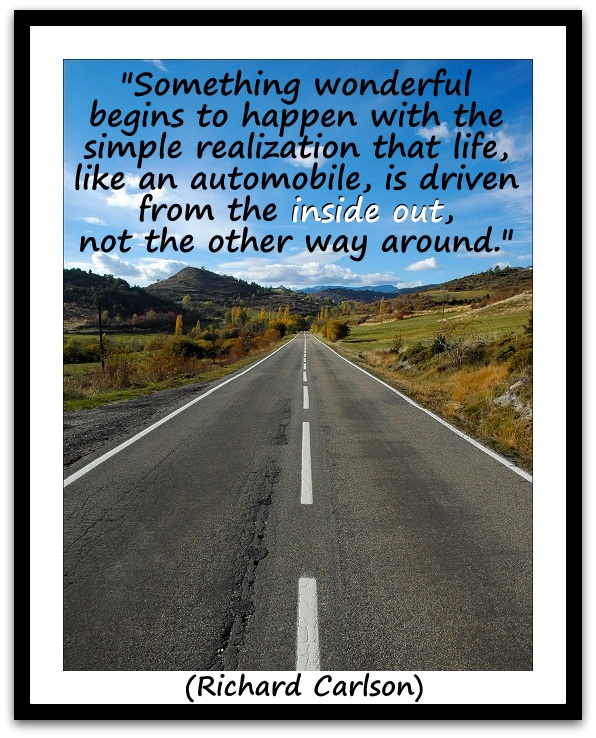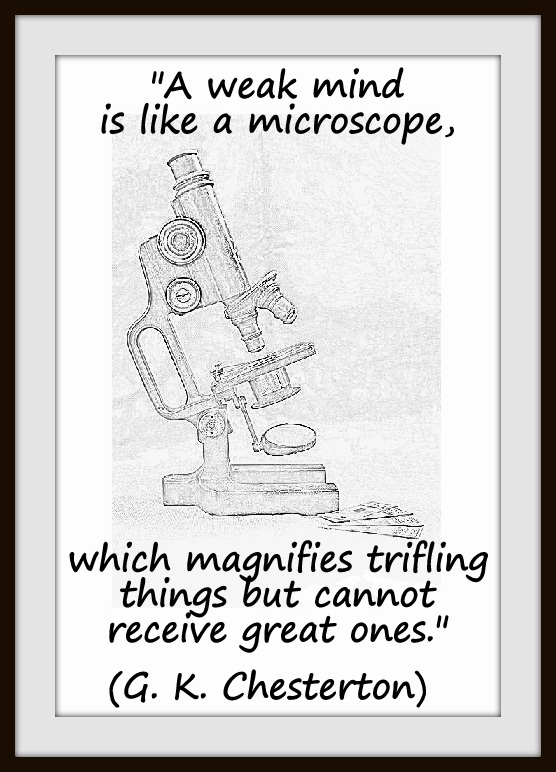Coaching Quote of the Day 12th May 2013

“I’ve got nothing to do today but smile.”
(Paul Simon)

“I’ve got nothing to do today but smile.”
(Paul Simon)

“Count your age by friends, not years. Count your life by smiles, not tears.”
(John Lennon)
In this week’s guest post Phil Manington shares how he uses a specific NLP model.

By Phil Manington
Anyone familiar with NLP will probably have come across Robert Dilts’s Logical Levels model. It is a great tool for exploring how and why we do what we do. It works at a system level and provides a powerful way of creating sustainable change in an individual or organisation.
It looks at our thinking across six levels:
Many change initiatives focus at the behaviour and capability levels and this can be very effective on occasions. For example, anyone wanting to lose weight will have used exercise and/or dieting to become more fit and healthy.
However, when a client comes for coaching it is usually because they have tried these approaches and they haven’t worked – they are stuck. The Logical Levels model provides a way uncovering the root cause of the situation.
Listening to the client’s language will provide useful pointers to the level that might be important. For example:
You may notice your client is focussing around certain levels – you can gather more information by asking questions that take them to other levels. For example:
.
Clearly the way you help a client change depends on the specific information you uncover but guiding them round the levels can break through seemingly insoluble blocks. Here’s an example:
After my marriage broke up, I suffered a crisis of confidence and was thrown back into an old set of beliefs about not being attractive to women. My friends encouraged me to “just get out there” and I knew, rationally that this made sense. After all, one of my favourite books is ‘Feel the Fear and Do It Anyway’! And yet I kept putting it off. My coach and colleague, Steve, helped me shift from this stuck place:
We started with my assertion that “I am not attractive to women” – an identity level statement. Rather than trying to challenge this directly he moved me around the levels. He said:
“OK, let’s put that to one side for a moment – tell me what your strengths are”.
I listed a number of things and he picked up on something that I said about learning. Not only am I good at learning but I am passionate about it – I love it. So we had established a capability and a core value for me.
His next question was a great example of elegant coaching:
“So, returning to your relationship with women, who do you know who’s good at it?”
This is a loaded question, with a presupposition that relating to women is a skill issue, not an identity one. Of course, I could name several people and we discussed what they did that seemed to work. His next question:
“So, do you think you could learn to do some of those things?”
was met with cautious optimism and I finished our session with the belief that being attractive was more about skill and behaviour rather than identity – and I also had practical actions to start improving.
This sort of approach works really well for anyone who has low self-confidence or low self-esteem. It’s particularly dispiriting to hold a limiting belief at the identity level because we don’t feel we can possibly change. But often it is only a belief and by using the Logical Levels model to change the way someone sees themselves (for example, from “that’s just who I am” to “I am just not very skilled yet”), it is possible to facilitate quite profound transformations.
Phil Manington is co-founder of Suffolk Coaching Zone. He is a professional trainer, coach and management consultant, specialising in helping businesses and individuals to make successful change and achieve their full potential.
Phil currently offers training, workshops and one-to-one coaching for personal and business clients. Specialist areas include leadership skills, building self-confidence and self-esteem, and improving relationships.
Facebook – https://www.facebook.com/SuffolkCoachingZone
Twitter – @SuffolkCZ
Website – http://www.suffolk-coaching.com

“Something wonderful begins to happen with the simple realization that life, like an automobile, is driven from the inside out, not the other way around.”
(Richard Carlson)
Last week saw a great start to the World Business and Executive Coach Summit with some complimentary sessions designed to raise the quality, standards and understanding of coaching across the world.
One of the sessions on Monday titled “Multiple Brain Integration Coaching – How the Latest Findings in Neuroscience are Changing the Game” was described as “a real eye opener” and I’ve got permission to share it with you.
You can find the 30 minute session here.
The session is part of the World Business and Executive Coach complimentary Pre-Summit series and for the rest of May you can enjoy a number of sales pitch free sessions at no cost.
The link to register so you can hear more sessions is here.
All sessions are truly world class and just some of the Summit presenters include:
The link to register so you can hear the World Business and Executive Coach complimentary Pre-Summit is here

“Curiosity will conquer fear even more than bravery will.”
(James Stephens)

“A weak mind is like a microscope, which magnifies trifling things but cannot receive great ones.”
(G. K. Chesterton)
This week’s TED Talk clip is:
Nilofer Merchant: Got a meeting? Take a walk
Clip length: 3 mins 29 secs
Prefer to watch on TED.com? In that case you’ll need to click here.